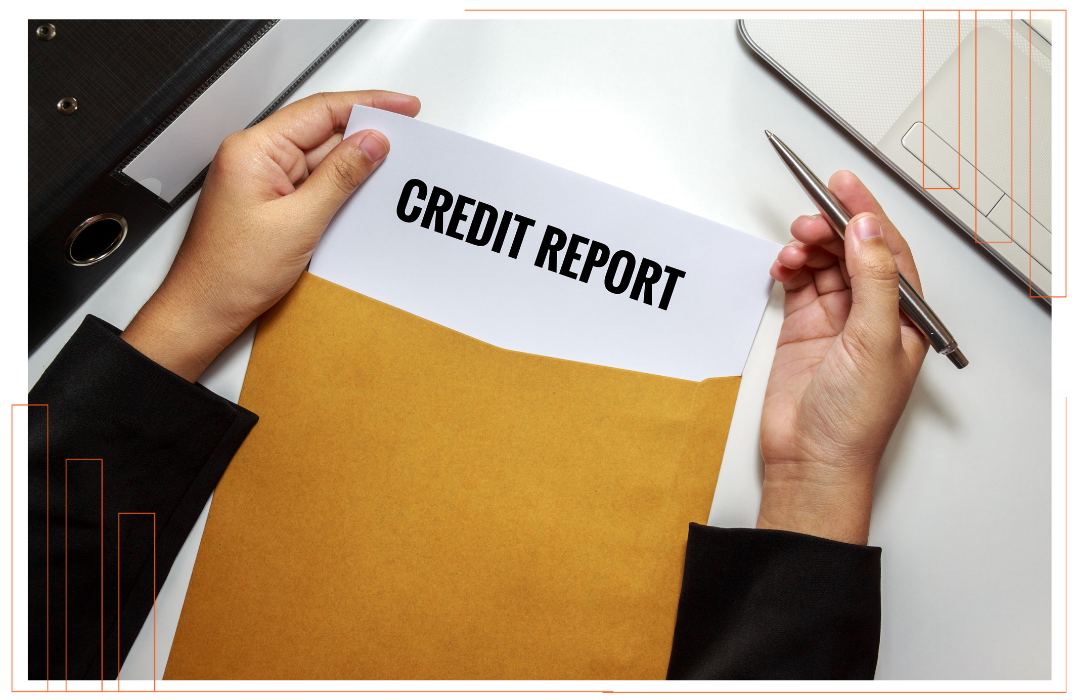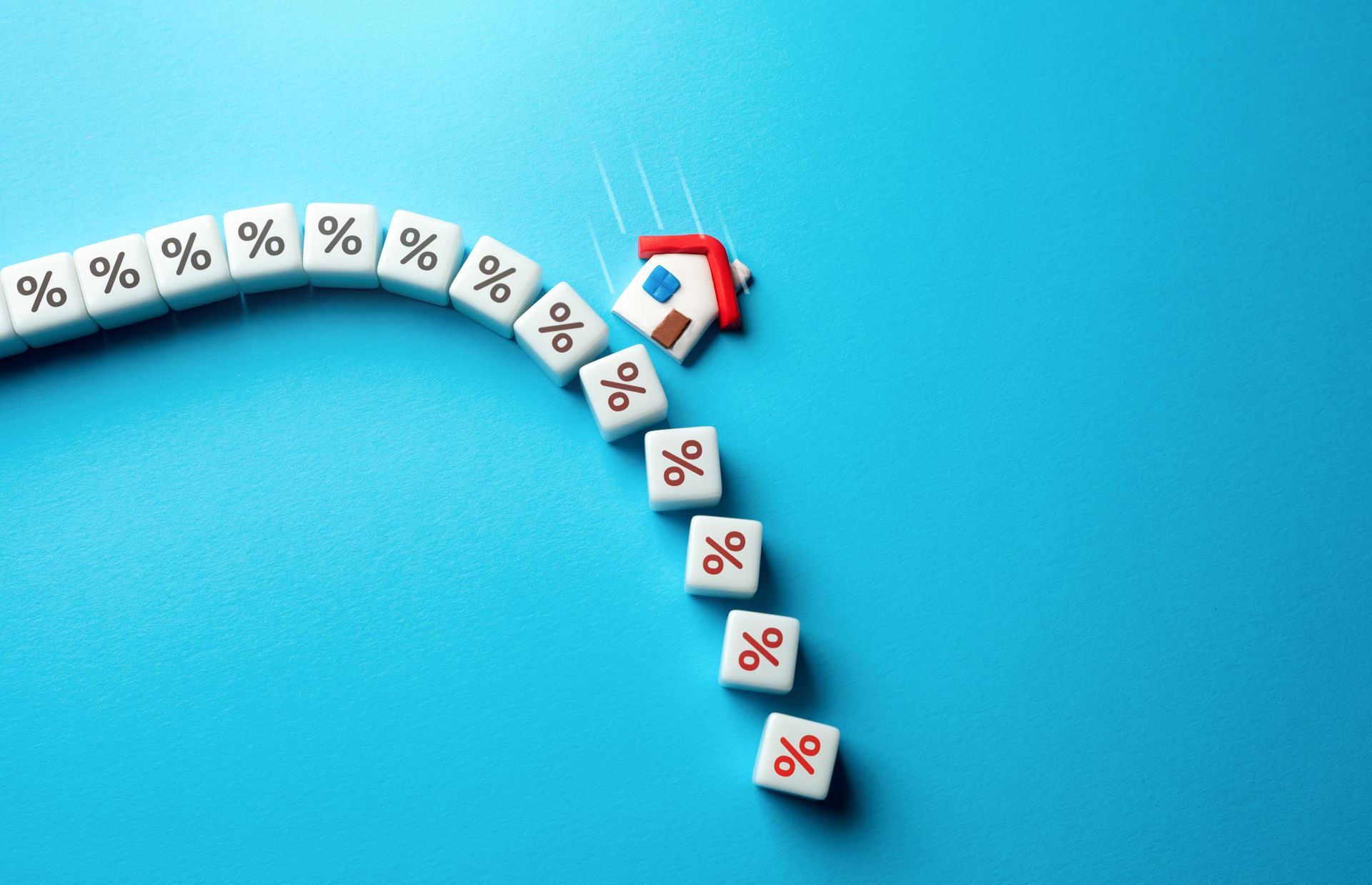Your Personal Credit Score
Was it Important and Who Can Access It?
If you have ever taken out a loan, rented an apartment, or applied for a mortgage, you probably know that your credit score is an important number. It can impact the rates or availability of mortgages, loans, and credit cards. But what exactly is a credit score? How do you get one? And why would you ever want to pull your own credit report? The answer to the last question is straightforward: knowing your credit score and where you stand in terms of your creditworthiness can help you understand what steps to take next when applying for a mortgage. Let’s take a look at how you can access your credit report.
What is a credit score?
A credit score is a three-digit number that represents your creditworthiness. The main credit score used in Canada is the FICO score. Your FICO score can be between 250 and 900, but the vast majority of people will fall into the 600 to 750 range. There are two major credit reporting agencies in Canada –Equifax and Transunion. They maintain credit reports that are a record of your credit history and also calculate the FICO credit scores. A higher credit score means that you are more likely to be approved for a loan and will likely qualify for better interest rates.
How to check your own credit score?
If you are curious to see what your credit score is, there are a few ways to do that. You can order a free copy of your credit report from TransUnion or Equifax. They will provide you a free copy of your credit report once per year. You can also use an online service like Borrowell or Credit Karma to view your credit score and report. Some banks are also starting to allow you to see your credit score via online banking. Even if you are not in the market looking for a new mortgage or loan, you can benefit from obtaining your credit report at least once per year so that you can see if there are any mistakes on your report that impact your credit score. If you find mistakes, you can have them corrected.

What happens when you get a copy of your credit report?
If you order a copy of your credit report, you willsee a list of your credit accounts. This will include any loans you have taken out, like a mortgage or car loan, credit cards, and any other types of debt that you have incurred that have been reported to the credit bureaus. You will also see the status of each account, and whether they have been reported as paid on time or have been sent to collections. If you have missed a payment or have had a payment sent to collections, that will show up on your credit report. That could negatively affect your credit score. A loan that you have paid will not show up until it has been reported to the credit bureau. You should review this report carefully to check for any errors.
When can a third-party credit provider pull your credit report?
If you apply for a new mortgage or loan, a lender will need to pull your credit report. They will also pull the credit reports of any co-applicants, such as your spouse or partner. You will need to provide consent before the lender can access your report. In most instances where a lender is underwriting you for a mortgage or other loan, they will do a hard credit pull. This produces the complete credit report with the credit score for the lender to use in evaluating you as a potential borrower. If you are serious about getting a mortgage you should not worry about a “hard” credit pull. It is a necessary part of the process. Most of you have managed your finances responsibly for just this moment. A hard credit pull will temporarily drop your credit score by about 4 or 5 points, but this effect drops off after about 90 days. If there is more than one hard credit pull in a period of less than 45 days, the credit reporting agencies treat them as only one hard credit pull if the purpose of each is for the same thing. For example, they were all for getting a mortgage. This is good for mortgage applicants that may have to apply more than once. However, some lenders will look negatively upon borrowers that have multiple credit pulls in a short period of time. It implies that you are shopping around and have possibly been declined elsewhere.

Your credit score is calculated based on what is in your credit report.
Your credit score represents your creditworthiness, which is why it’s so important to pay attention to what is in your credit report. Your credit report includes information on all of your past credit accounts, current credit accounts, and payment history. The most important factor that goes into calculating your credit score is your payment history. Your payment history accounts for 35% of your overall credit score. You can improve your credit score by paying off old, delinquent accounts (see our prior blog on How to Repair Your Credit Score here - How to Repair Your Credit Score (frankmortgage.com)). If you have been paying them off regularly, you will want to check that your payment history reflects that and that you continue this good payment behaviour.
There are several types of companies that report information to the credit bureaus.
These include:
- Mortgage lenders
- Credit cards providers
- Banks, credit unions and trust companies
- Utilities such as cell phone providers and cable companies
- Landlords
- Car lease and loan companies
It is important to stay up to date with all your payment obligations.
Conclusion
Credit reports play an important role in determining the type of credit to which you have access, and it can also determine the rate of interest you pay on that credit. A credit report is used by financial institutions, such as banks or mortgage companies, to evaluate customers who are applying for any kind of credit. They use the information in your credit report to determine whether they should lend you money and, if so, with what interest rate and terms. You can request a copy of your credit report, where you can see your credit score. That score will be based on the information in your credit report, and it can be helpful if you want to know where you stand with your credit. This can help you be prepared to take the proper steps to apply for credit, such as a mortgage.
About The Author

Don Scott
Don Scott is the founder of a challenger mortgage brokerage that is focused on improving access to mortgages. We can eliminate traditional biases and market restrictions through the use of technology to deliver a mortgage experience focused on the customer. Frankly, getting a mortgage doesn't have to be stressful.
Related Posts






